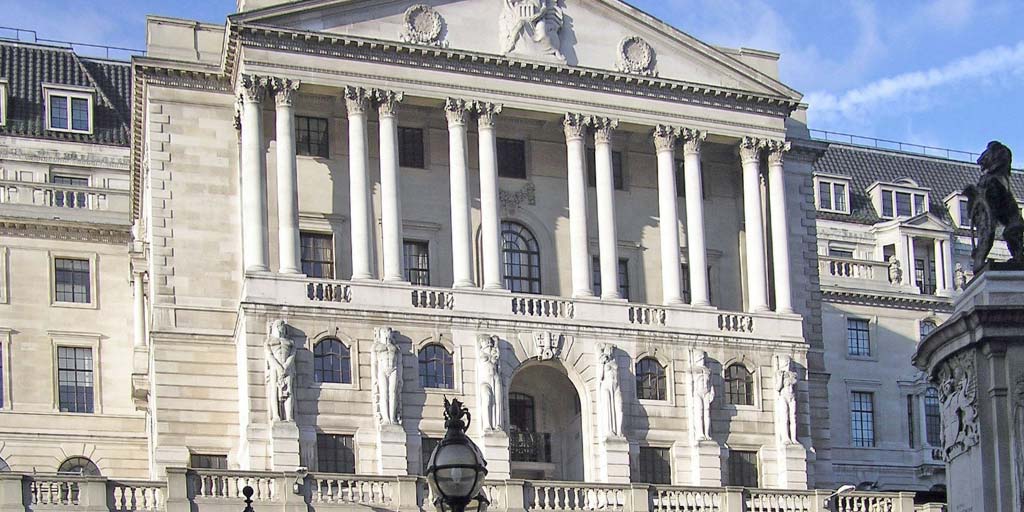This information should not be interpreted as financial, tax or legal advice. Mortgage and loan rates are subject to change.

Category: government and politics
June inflation has fallen, indicating that the Bank of England’s efforts have begun to take effect on the UK’s stubbornly high inflation. Swap rates are also down, another key influencer of mortgage rates – but will these come down too?
As of June 2023, the Office of National Statistics (ONS) reports that inflation has dropped by 0.8 percent, from 8.7 to 7.9. The ONS states that this drop in inflation, which tracks the ‘basket of goods’ consumer price index (CPI) has been driven largely by drops in motor fuel. Food prices have had a slight easing in prices too, although they are still at ‘very high levels’.
While the Bank of England still has a long way to go to reach their annual target of 2 percent inflation, the drop of 0.8 percent is a good sign that their rate hikes are finally starting to impact inflation.
Earlier in the week, swap rates also declined, by 0.25 percent, perhaps indicating we are nearing the peak of the Base Rate – although it may be too early to call, as many experts believe rates will stay high for the foreseeable.
Swap rates are calculated based on the future projection for the Base Rate. 2-year swap rates have fallen from 6 to 5.76 percent and 5-year fixed rates have fallen from 5.24 to 4.95 percent
What are Swap Rates?
Swap rates are the rates that financial institutions lend and borrow money between themselves over fixed periods of time such as 1, 2, 5 and 10 years.
They are based on forecasts of where they expect average interest rates to be in that period of time, to give them certainty of costs, rather than borrowing on a shorter term variable rate.
In short, swap rates refer to the rate at which banks borrow money to lend to consumers.
What is the impact of the latest Swap Rate change?
Experts say that the reduction in swap rates could be off the back of the United States month-on-month fall in inflation of 1 percent, coupled with the Bank of England’s report that says that UK banks are capable of supporting customers even in the worst economic scenarios.
Both of these events may have briefly renewed confidence in the UK economy.
The UK has the highest inflation of the G7 advanced economies - however, with mortgages at a 15-year high, and interest rates still expected to increase, we by no means should think this is the end of Base Rate increases, as there is still a long road ahead.
What does this mean for interest rates?
Not much as of yet. Interest rates will still be high for the time being, but it does mean that experts believe that interest rates could peak at 5.5 percent, instead of the previously quoted 6 to 7 percent peak.
Chancellor of the Exchequer Jeremy Hunt has said:
Inflation is falling and stands at its lowest level since last March; but we aren’t complacent and know that high prices are still a huge worry for families and businesses.
The best and only way we can ease this pressure and get our economy growing again is by sticking to the plan to halve inflation this year.
Jorden Abbs, chief executive of specialist mortgage brokerage, Commercial Trust, had this to share with landlord investors:
Mortgage interest rates are unlikely to see big drops any time soon, but we may be through the worst of the increases.
Many lenders have been making updates to their rates in advance of anticipated increases in the Base Rate, as they did mid-way through the last tranche of rises.
Some may have other factors influencing rate changes, as we are half way through the year now and lenders have loan books to fill.
We expect mortgage rates to stay around current levels for the foreseeable future, because until inflation is down at the desired level and tracking steadily, the Bank of England will need to continue on their existing path.
We will continue to monitor the position and keep our readers up to date.


